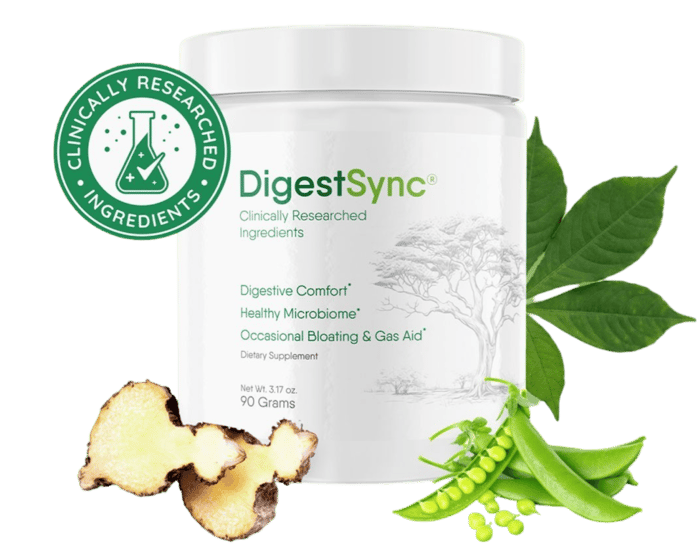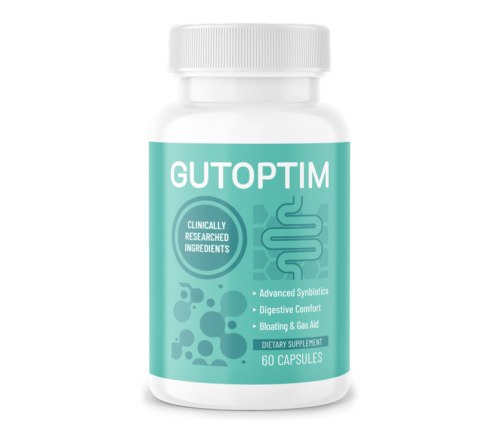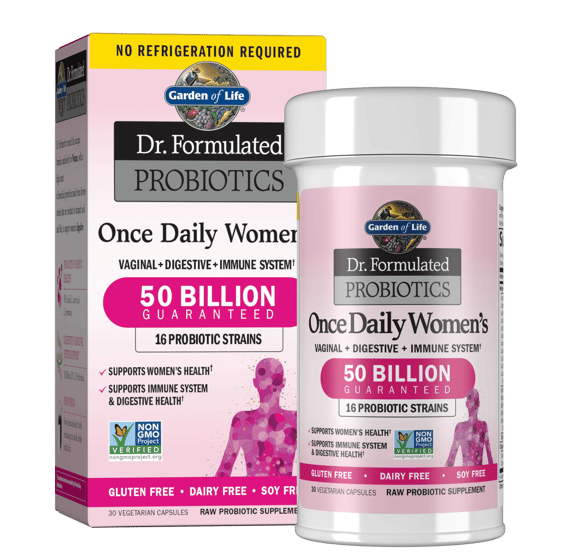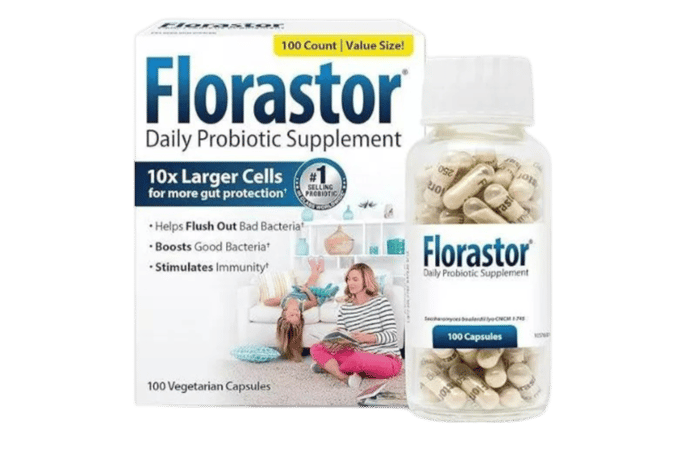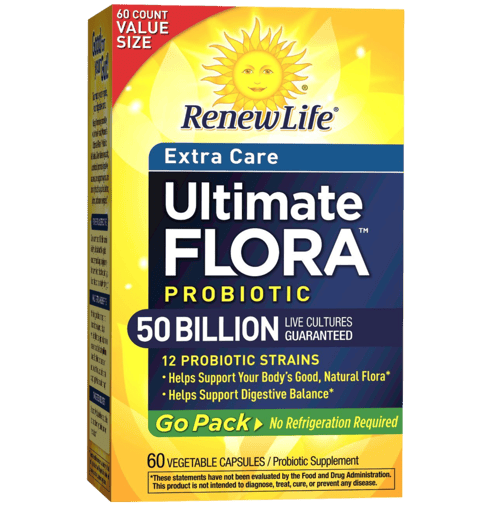5 Best Probiotics for Constipation in 2024
Introduction
Constipation is a common digestive issue that affects millions of people worldwide. It can cause discomfort, bloating, and a general feeling of sluggishness. While dietary changes and hydration are often recommended, probiotics have emerged as a natural and effective solution to improve gut health and alleviate constipation.
In this comprehensive guide, we’ll explore the best probiotics for constipation, how they work, and the benefits they offer. We’ll also discuss the science behind probiotics, provide tips for choosing the right product, and answer frequently asked questions to help you make an informed decision.
What Are Probiotics?
Probiotics are live microorganisms, often referred to as "good bacteria," that provide numerous health benefits when consumed in adequate amounts. These beneficial bacteria help maintain a healthy balance in your gut microbiome, which plays a crucial role in digestion, immunity, and overall well-being.
How Probiotics Help With Constipation
Probiotics work by:
Balancing Gut Microflora: An imbalance of gut bacteria (dysbiosis) can slow digestion. Probiotics restore balance, promoting regular bowel movements.
Producing Short-Chain Fatty Acids: Certain probiotic strains produce compounds that stimulate intestinal motility.
Softening Stool: Probiotics improve water absorption in the colon, making stools softer and easier to pass.
Reducing Inflammation: They help reduce inflammation in the gut, which can contribute to constipation.
Best Probiotic Strains for Constipation
Not all probiotics are created equal. Specific strains have been scientifically proven to be effective in relieving constipation. Here are the top strains to look for:
1. Bifidobacterium lactis (B. lactis)
Bifidobacterium lactis is a type of probiotic bacteria that naturally resides in the human gut. It plays a crucial role in maintaining a healthy digestive system by aiding in digestion, promoting nutrient absorption, and supporting the immune system. Studies have shown that Bifidobacterium lactis can be beneficial for various digestive issues, including constipation, diarrhea, and irritable bowel syndrome (IBS). It may also help alleviate symptoms of lactose intolerance and improve overall gut health.
Benefits: Improves stool frequency and consistency.
How It Works: B. lactis enhances intestinal motility and promotes regular bowel movements.
Products: Found in supplements like DigestSync and certain fermented dairy products.
2. Lactobacillus acidophilus
Lactobacillus acidophilus is a beneficial bacterium commonly found in the human gut. It's a popular probiotic strain that can help maintain digestive health by supporting a balanced gut microbiome. While research continues to explore its specific benefits, L. acidophilus is often used to alleviate digestive issues and support overall well-being.
Benefits: Supports digestion and reduces bloating.
How It Works: L. acidophilus helps break down food and increases the production of digestive enzymes.
Products: Commonly found in GutOptim and yogurt.
3. Bifidobacterium longum
Bifidobacterium longum is a beneficial probiotic bacterium that plays a crucial role in maintaining a healthy gut microbiome. It's particularly prevalent in infants and can help support digestive health, immune function, and overall well-being. While research is ongoing, B. longum shows promise in alleviating various digestive issues and may have potential benefits for cognitive function and mental health.
Benefits: Relieves chronic constipation and improves gut health.
How It Works: This strain helps regulate bowel movements by reducing gut transit time.
Products: Found in supplements like Garden of Life Raw Probiotics.
4. Lactobacillus rhamnosus
Lactobacillus rhamnosus is a well-researched probiotic strain known for its potential health benefits. It can help maintain a healthy gut microbiome, improve digestive health, and boost the immune system. Some studies suggest that L. rhamnosus may also help alleviate symptoms of irritable bowel syndrome (IBS) and reduce the risk of certain infections.
Benefits: Reduces symptoms of irritable bowel syndrome (IBS), including constipation.
How It Works: L. rhamnosus strengthens the gut lining and promotes healthy digestion.
Products: Found in Renew Life Ultimate Flora Probiotic.
5. Saccharomyces boulardii
Saccharomyces boulardii is a unique type of yeast often classified as a probiotic. Unlike bacterial probiotics, it can survive the harsh acidic environment of the stomach, reaching the intestines intact. It works by inhibiting the growth of harmful bacteria and promoting the growth of beneficial bacteria. It is commonly used to treat and prevent various digestive issues, including traveler's diarrhea, antibiotic-associated diarrhea, and inflammatory bowel disease. It can also help alleviate symptoms of irritable bowel syndrome (IBS) and improve overall gut health.
Benefits: Effective for constipation caused by antibiotic use or gut dysbiosis.
How It Works: This yeast-based probiotic restores gut flora and improves stool consistency.
Products: Found in Florastor Probiotic.
Top Probiotic Products in 2024
Here’s a list of the best probiotic supplements specifically designed to address constipation:
1. DigestSync
Contains Bifidobacterium 35624, which is clinically proven to improve stool frequency.
Powerful probiotic formula designed to support the vagus nerve.
Contains 50 billion CFUs and a potent blend of 15 targeted strains.
Enhances nutrient absorption, banishes bloating, boosts your immunity, and supports overall wellness.
Ideal for individuals with occasional constipation.
2. GutOptim
Features Lactobacillus acidophilus, known for its digestive benefits.
Contains 25 billion CFUs and offers a powerful blend of 12 probiotic strains.
Helps reduce bloating, promote regularity and support vaginal health.
3. Garden of Life Dr. Formulated Probiotics
Includes a blend of Bifidobacterium and Lactobacillus strains.
Certified organic and free from artificial additives.
4. Florastor Daily Probiotic Supplement
Contains Saccharomyces boulardii, effective for antibiotic-associated constipation.
Supports gut health and reduces inflammation.
5. Renew Life Ultimate Flora Probiotic
High-potency formula with 50 billion CFUs and multiple strains.
Targets chronic constipation and improves overall gut health.
Natural Sources of Probiotics
If you prefer to get your probiotics from food, here are some natural sources that can help alleviate constipation:
Yogurt: Look for products with live and active cultures.
Kefir: A fermented milk drink rich in probiotics.
Sauerkraut: Fermented cabbage that supports gut health.
Kimchi: A spicy Korean dish made from fermented vegetables.
Miso: A fermented soybean paste used in soups and sauces.
Pickles: Fermented cucumbers (choose those made with saltwater brine, not vinegar).
Tips for Choosing the Best Probiotic for Constipation
When selecting a probiotic supplement, keep the following tips in mind:
Check the Strains: Look for products containing strains like B. lactis, L. acidophilus, or S. boulardii, which are effective for constipation.
CFU Count: Choose a supplement with at least 10 billion CFUs (colony-forming units) for optimal results.
Read Labels: Ensure the product is free from artificial additives and allergens.
Refrigeration: Some probiotics require refrigeration to maintain potency, so check storage instructions.
Consult a Doctor: If you have chronic constipation or underlying health conditions, consult a healthcare professional before starting a probiotic.
Additional Tips to Relieve Constipation
While probiotics are highly effective, combining them with other lifestyle changes can enhance their benefits:
Stay Hydrated: Drink plenty of water to soften stools.
Increase Fiber Intake: Include high-fiber foods like fruits, vegetables, and whole grains in your diet.
Exercise Regularly: Physical activity stimulates intestinal motility.
Establish a Routine: Try to have a consistent schedule for meals and bathroom breaks.
Limit Processed Foods: Reduce your intake of processed and low-fiber foods.
FAQs
1. How long does it take for probiotics to work for constipation?
Probiotics can take anywhere from a few days to a few weeks to show noticeable results. Consistency is key, so take them daily as directed.
2. Can probiotics make constipation worse?
In some cases, probiotics may cause temporary bloating or gas as your gut adjusts. This usually resolves within a few days.
3. Are probiotics safe for children with constipation?
Yes, probiotics are generally safe for children. Look for age-appropriate formulations and consult a pediatrician if needed.
4. Can I take probiotics with other medications?
Probiotics are usually safe to take with most medications, but it’s best to consult your doctor, especially if you’re on antibiotics or immunosuppressants.
5. Do I need to take probiotics forever?
Not necessarily. Once your gut health improves, you can maintain it with a balanced diet rich in prebiotic and probiotic foods.
Conclusion
Probiotics are a natural and effective way to combat constipation and improve overall gut health. By choosing the right strains and incorporating them into your daily routine, you can restore balance to your digestive system and enjoy regular, comfortable bowel movements.
Whether you opt for a high-quality supplement or include probiotic-rich foods in your diet, the key is consistency. Pair probiotics with a healthy lifestyle, and you’ll be well on your way to optimal digestive health.
